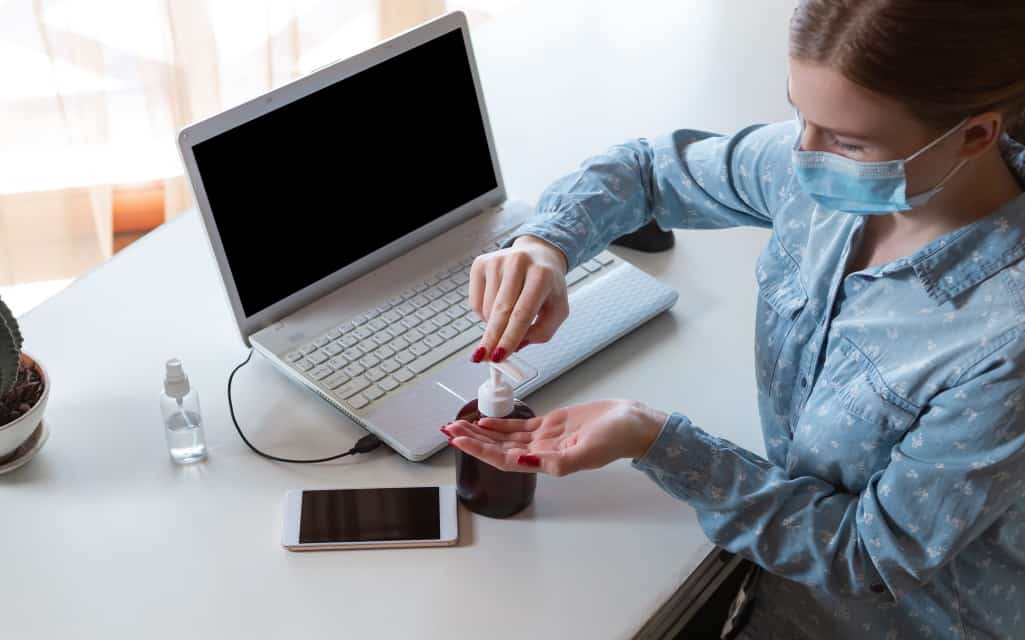You’re not in the office but at home, sitting at your desk or at a table on the deck, with a computer in front of you, a smartphone next to it and possibly a cup of coffee or iced tea. No boss is looking over your shoulder, but he or she is likely checking in periodically. Although you’re working fairly independently at the moment, and you’re in a quiet, comfortable environment, you still have projects to complete and deadlines to meet.
Is this the new normal? No one knows yet. But it is a pronounced paradigm shift and it’s how you’re working now. And while it might be nice to ply your trade in a more casual environment, one to which you don’t have to travel, there are still concerns you need to consider. One of them is online network security.
Security experts recommend several things you need to consider while working at home. Here are five of them.
1. Keep close contact with your employer
Just because you’re not physically in the workplace doesn’t mean you should be lax with company communications. “Your inbox might contain emails about policy changes ranging from work hours to travel,” writes NortonLifeLock’s Steve Symanovich. “Your employer might consolidate coronavirus-related information on the company intranet. If you have questions, ask.” According to Symanovich, “Companies around the world continue to react to developments around the COVID-19 pandemic. It’s important to know new policies to help keep you, your coworkers, and the business safe.”
2. Secure your home network if you can.
It’s almost certain that you have a password-protected wifi network in your home. Just to be safe, though, review your computer or router instructions to learn if any additional layers of security are available. “If so, it would be worth considering making your home connections as secure as possible,” advises Vancouver-based executive Thierry LeVasseur. This will not only help you connect with your work computer network more securely but also serve you well personally at home after they return to work.”
3. Don’t allow anyone to access your computer during working hours.
Just as you get up to grab a snack or even take a break, your children might decide that it’s a good time to play a game or access a movie on your computer. The last thing you want is for them to inadvertently connect with your co-workers or disturb a file. Levasseur recommends helping make your children’s online experiences as safe as possible. But he adds that it’s not just children. You constantly need to be on guard for all kinds of security breaches and other issues.
Read More: How to Cope With Grief During the COVID-19 Pandemic
4. Don’t use personal email or visit non-company websites while working.
It’s really easy to download viruses and other malicious items while working at the computer, especially if you get distracted and click on a link without thinking. One thing you might want to consider is setting up your work-issued laptop — or the personal computer you’re using for work at the moment — apart from the device you use for personal surfing during business hours. In other words, the computer you’re working on could be in front of you and your smartphone or table could be at your side. “If you wouldn’t install or use a service while you’re at the office, don’t do it while at home on your work device,” write Amy Jordan, lead, cybersecurity delivery, at the World Economic Forum and Ryan Olson, vice president, threat intelligence at Palo Alto Networks.
5. Be wary of COVID-19 email messages.
Sad to say, there are a number of cyber criminals who are using coronavirus-related messages to try and open doors online and hack your emails or steal your identity in the process. Be judicious when you get such email messages and don’t open anything that appears suspect. Look at email headers and check for misspellings and incorrect grammar. The bottom line is just to delete the message, especially if it’s on a work-issued laptop.



